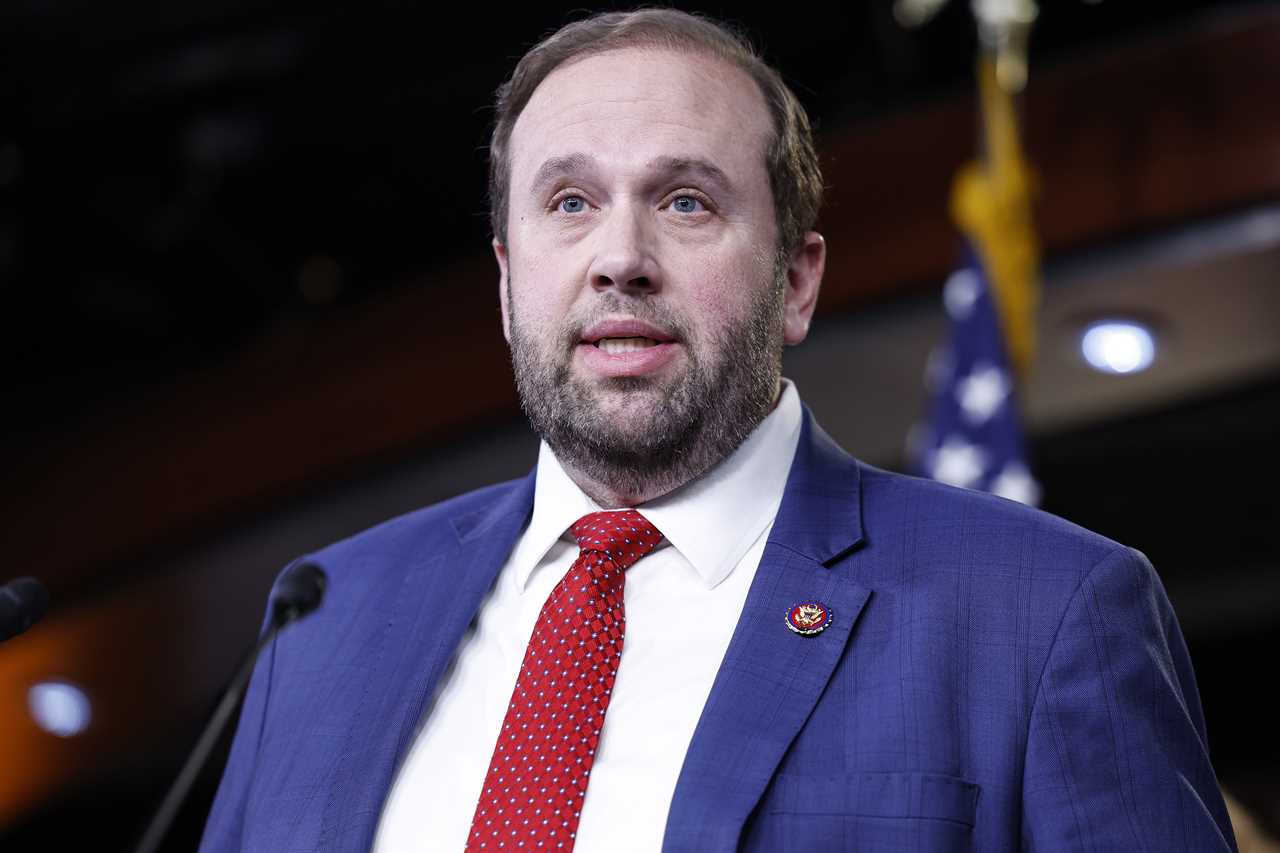
No one planned it this way, but business taxes are going up just as the economy faces the risk of going into a recession.
A combination of tax increases pushed through by Democrats, as well as ones created by Republicans years ago, would add to the strain on employers’ finances if a downturn hits, as some economists are predicting.
Altogether, the hikes — which range from a brand new corporate minimum tax to restrictions on some key deductions — are projected to cost businesses more than $100 billion this year, which is about one-quarter of their total tax bill for 2022.
Lawmakers are facing demands from the business community to rescind the provisions, which will grow louder if the economy continues to weaken. The prospect of Washington doing anything about them or anything else to help growth seems dim, though, with Congress under divided control and House Republicans hardly demonstrating unity in the early going.
“This is a particularly challenging moment in time,” said Chris Netram, managing vice president for tax at the National Association of Manufacturers. “If you layer on tax increases on top of a slowing economy, what does that do for business? It puts our guys in a bind.”
It’s the exact opposite of what usually happens when bad times hit. Normally, lawmakers turn to the tax system to help cushion the blow for both individuals and employers, by finding ways to lower taxes. In the initial wake of the coronavirus pandemic, lawmakers sent checks to millions of Americans, among other changes, while making it easier for businesses to qualify for refunds.
Business advocates had hoped lawmakers would turn off at least some of the hikes during last month’s lame duck session of Congress, though that fell apart over a partisan dispute over Democrats’ demands to also expand the Child Tax Credit.
It all comes as many, though not all, economists believe a recession is nearing thanks to the Federal Reserve’s efforts to fight inflation with a series of sharp hikes in interest rates.
A pair of new tax increases kicked in just last week, including a minimum tax on big corporations. It’s an especially complicated tax, with the Treasury Department only beginning to spell out exactly how it will work, and many companies say they are still trying to determine whether they will be hit by it.
Companies that purchase their own stock are also subject to a new excise tax that took effect on Jan. 1. At the same time, a deduction for buying equipment, machinery and other investments automatically shrank by 20 percent with the new year.
That comes on top of a pair of other business tax increases — which came online last year — that Republicans had used to help defray the cost of their 2017 tax cuts. They were widely seen as budget gimmicks and many had expected them to be withdrawn by now.
One requires companies to stretch out a deduction for research and development expenses over five years instead of taking them all at once — something aerospace and defense giant Raytheon said would cost it $1.5 billion.
Another slashes writeoffs businesses can take for interest payments on borrowed money, a provision that will sting a bit more amid rising interest rates. In some situations, experts say, it can leave companies owing taxes even if they don’t have any taxable income.
All together, they add up to $115 billion this year, according to estimates by the official Joint Committee on Taxation and also the nonpartisan Tax Policy Center — a big change compared to how much big companies usually pay. Last year, corporate taxes totaled $425 billion.
“That’s an enormous delta in corporate taxes,” said Donald Schneider, a former economist for Ways and Means Republicans who is now deputy head of U.S. policy at Piper Sandler, an investment bank.
Business leaders still hope the increases will be rescinded this year.
But an impasse among lawmakershas yet to ease, with Democrats balking at proposals to cut business taxes without also cutting them for average Americans.
And it’s not entirely clear how much House Republicans care if taxes on big companies go up.
Though they pushed through a steep cut in the corporate rate the last time they were in charge of the House, many of those lawmakers have since left Congress, the party’s relations with the business community have soured in recent years, and the caucus has taken a populist turn.

This week, they chose Rep. Jason Smith (R-Mo.), a firebrand openly skeptical of big businesses, to head the Ways and Means Committee, which drives tax policy.
In his campaign for the gavel, Smith scoffed at suggestions he would revisit Democrats’ new minimum tax on big businesses, saying that would be his “last” priority.
And in a statement this week after his selection, Smith signaled that, if anything, he would bring a skeptical eye to corporate tax breaks, saying he wants to examine whether lawmakers should “continue showering tax benefits on corporations that have shed their American identity in favor of a relationship with China.”
Though the tax increases will be a hit to the economy, some experts play down the implications. With the exception of so-called bonus depreciation, the tax increases tend to be narrowly targeted at very large companies, which, at the moment, are not strapped for cash.
“The increase in corporate taxes by themselves will be a small headwind to growth this year,” said Mark Zandi, chief economist at Moody’s Analytics.
“The economic fallout of the higher corporate taxes is mitigated by corporations’ still historically low effective tax rate, ample cash holdings, and significant investment needs due to efforts to improve global chain resilience and labor productivity," Zandi said.
Goldman Sachs is in a similar camp.
It sees the R&D, interest and bonus depreciation provisions raising effective corporate tax rates this year by 1.6 percentage points. That will mean a “small” reduction in earnings by big companies.
“Corporate tax policies taking effect in 2023 should have a small hit to aggregate S&P 500 earnings, but the impact will vary across sectors,” it said in a research note last week.
“We estimate that all of these provisions would lower 2023 S&P [earnings per share] by three percent.”
----------------------------------------
By: Brian Faler
Title: What’s worse than a recession? A recession with tax hikes
Sourced From: www.politico.com/news/2023/01/12/recession-business-tax-hikes-00077050
Published Date: Thu, 12 Jan 2023 05:00:00 EST






